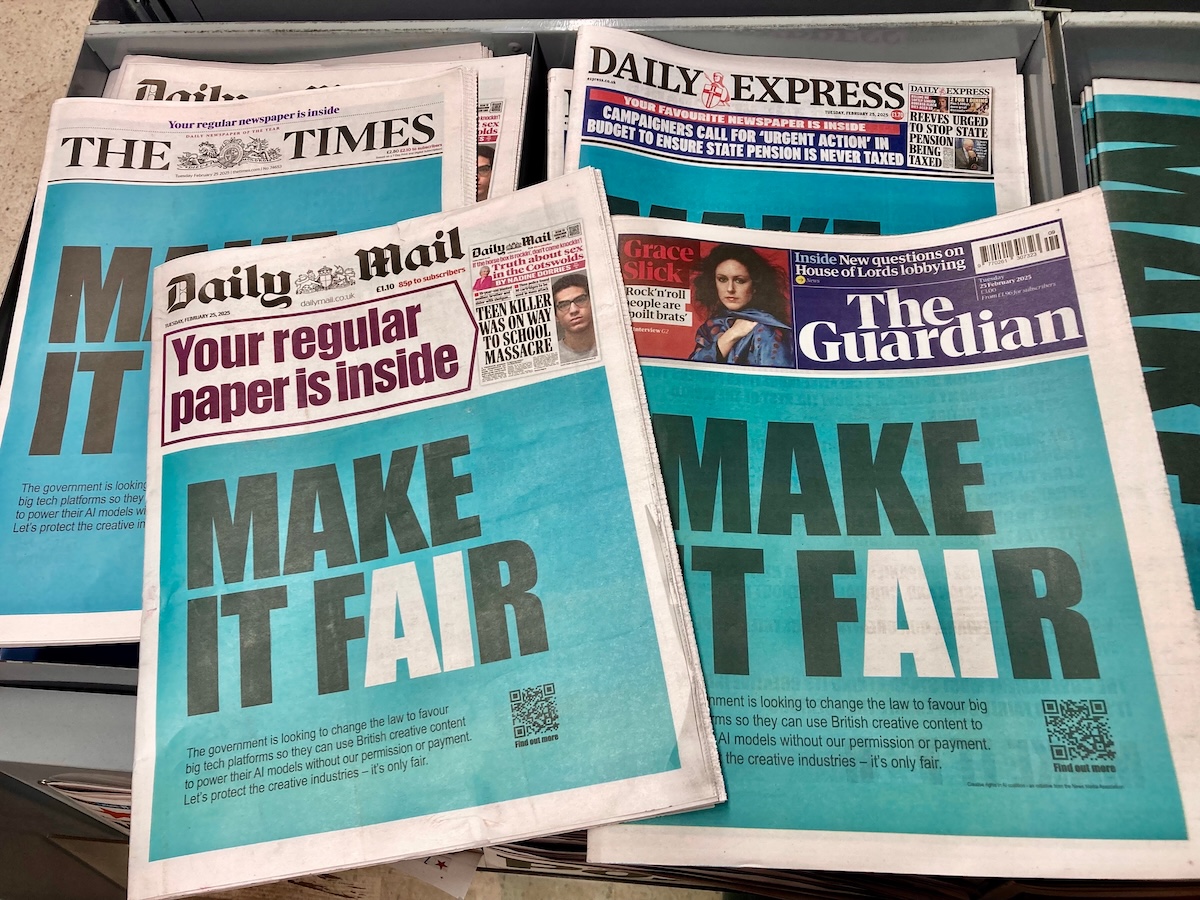
One of the biggest controversies around large language models like ChatGPT and Claude isn’t about what they say. It’s what they’re trained on.
Publishers have long accused AI companies of scraping their work without permission. The New York Times sued Microsoft and OpenAI last year, alleging “billions of dollars in statutory and actual damages” from the “unlawful copying” of its content — a case that’s still ongoing.
Now, publishers may finally have some leverage.
Cloudflare (NET), the cloud-based cybersecurity and infrastructure firm, just became the first major internet provider to block AI crawlers from accessing site content by default… unless they’re granted permission or agree to pay.
That flips the script. Instead of letting AI firms scrape first and ask questions later, site owners can now choose whether to allow access and under what terms.
AI companies can also be required to declare how they intend to use the data, including whether it’s for training purposes.
Cloudflare calls it “the first step toward a more sustainable future for both content creators and AI innovators.”
“If the Internet is going to survive the age of AI, we need to give publishers the control they deserve and build a new economic model that works for everyone,” said Cloudflare CEO Matthew Prince.
“This is about safeguarding the future of a free and vibrant Internet with a new model that works for everyone.”
Media execs aren’t hiding their enthusiasm.
Condé Nast CEO Roger Lynch called the move a “game-changer for publishers.”
“When AI companies can no longer take anything they want for free, it opens the door to sustainable innovation built on permission and partnership,” he said.
“This is a critical step toward creating a fair value exchange on the Internet that protects creators, supports quality journalism and holds AI companies accountable.”
Meanwhile, Bloomberg reports that Google (GOOG) is now scrambling to form its own AI content licensing deals. The company is reportedly working on a pilot program with about 20 news organizations, though it’s keeping details close to the chest.
“We’ve said that we’re exploring and experimenting with new types of partnerships and product experiences,” a Google spokesperson told Bloomberg, “but we aren’t sharing details about specific plans.”
Google’s rivals are already moving faster. OpenAI and Perplexity have begun cutting checks to publishers in response to mounting legal pressure.
But Cloudflare’s Prince didn’t hold back on Google.
“Google still thinks they’re special and that they don’t have to play by the same rules,” he told Bloomberg. “Eventually, Google will get in line with what the large AI companies have been saying for a long time, that content providers need to be paid.”
Cloudflare’s stock is up 76.8% YTD and 150.5% over the past year. The company might be shaping up as the gatekeeper of the next phase of the internet, one where creators get paid before their work powers someone else’s AI.
Your email address will not be published. Required fields are markedmarked